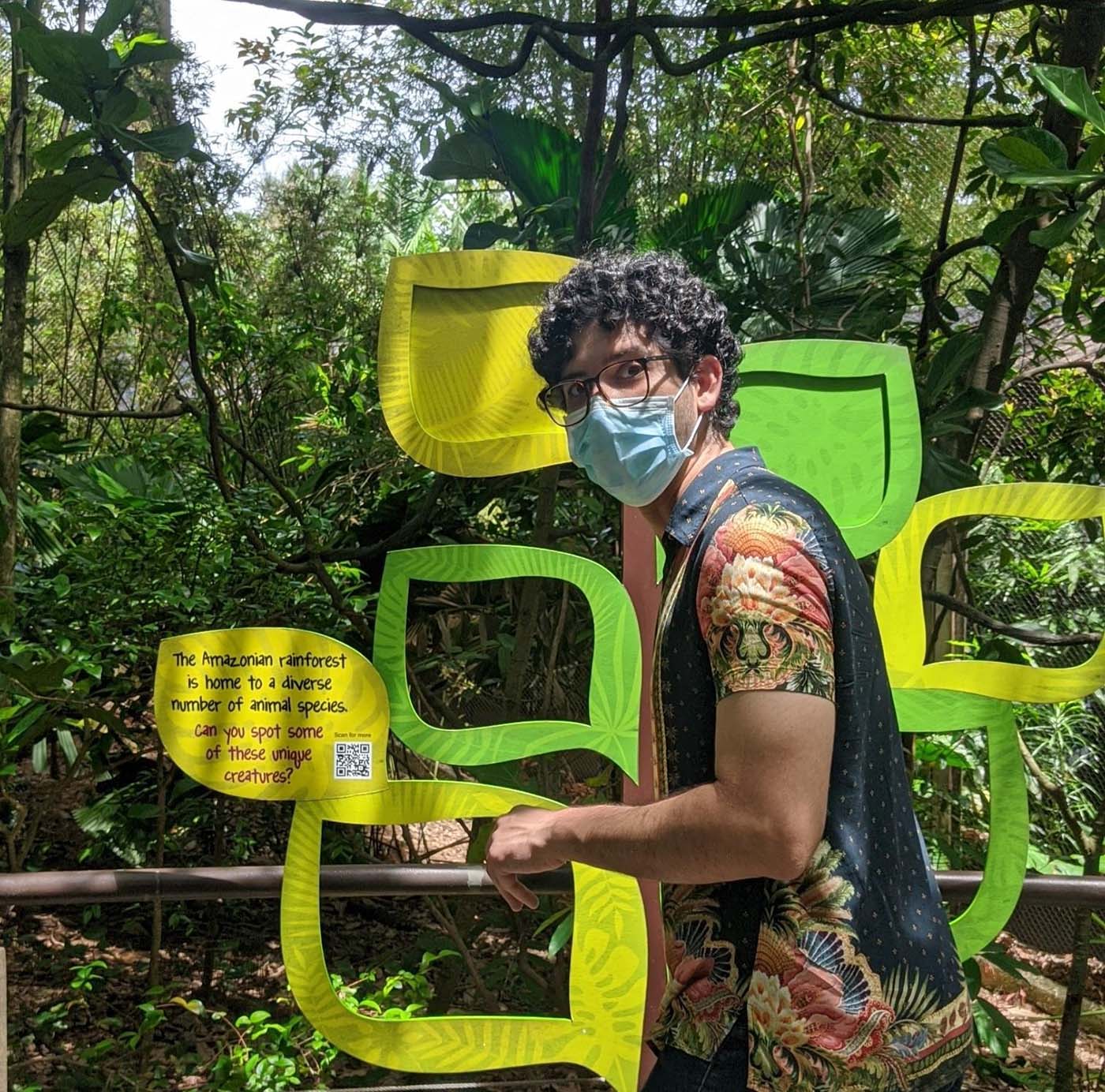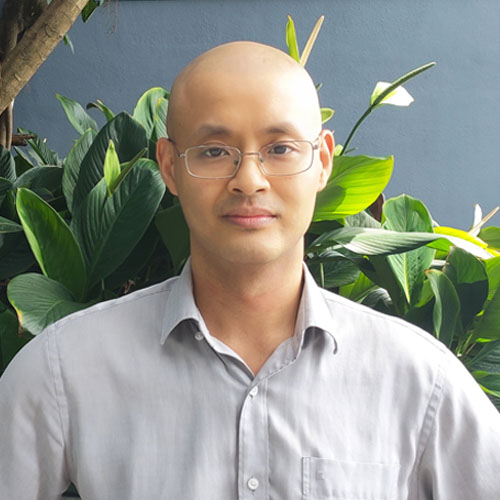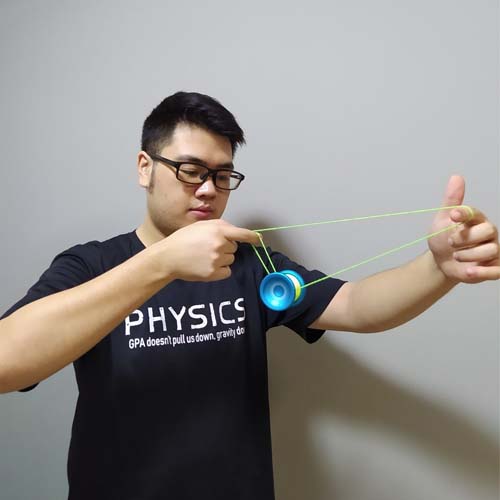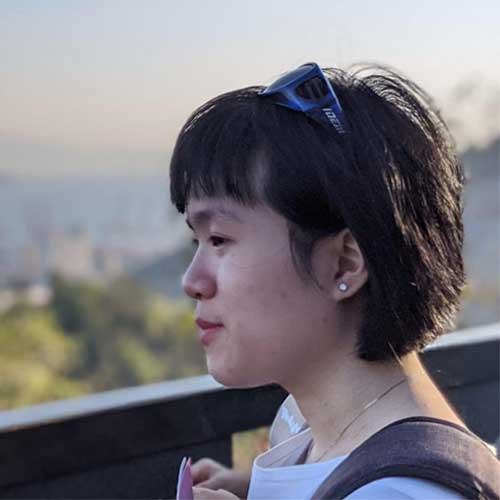Highlights
Meet a CQTian: Fernando Valadares

Who are you?
My name is Fernando and I’m a PhD student in Yvonne Gao’s lab. I am from Recife, Brazil. I really consider my origin to be an important part of me since it influences everything that I do from my accent to the food I eat and music that I listen to.
How did you come to be here at CQT?
Coming here was unexpected. I had always wanted to work with quantum technologies. But my undergraduate course was in engineering and I thought the obvious choice was to do research in some engineering branch like materials science. Quantum technologies seemed to be too niche, or something exclusive to physicists, which now I know is not true at all.
After I got rejected in some schools, I decided to change tack and look for courses in quantum technologies. I found Yvonne’s job posting online and here I am. Actually, the work we do now – circuit quantum electrodynamics – mixes electronics with solid state physics which is very fitting for me.
Can you share more about the work you are doing?
I design and operate quantum circuits. At first glance they are not much more than thin strips of aluminum on a sapphire chip. But, when we cool them down to temperatures close to absolute zero in our dilution refrigerator, the aluminum becomes superconducting and the energy of the system becomes quantized. We can do calculations by manipulating two or more of these energy levels using electric signals. The current challenge is to demonstrate more complex algorithms by connecting many circuits together. This is a difficult task since more circuits means more noise and errors, which might destroy the intended results.
 Fernando designs and operates quantum circuits in the lab of Principal Investigator Yvonne Gao.
Fernando designs and operates quantum circuits in the lab of Principal Investigator Yvonne Gao.
What drew you to quantum?
I can't really put a finger on it. But there is something attractive about how finely we can control nature in terms of quantum mechanics. It is really satisfying to just step into the laboratory and start playing around with single photons.
Is there a particular application of quantum that you are excited to see the development of?
For my Masters, I did research in simulating perovskite alloys for photovoltaic applications. It is a class of materials to make solar cells cheaper. I became very interested in simulating materials because you can play around with things you could never do in an experiment. I think the most interesting future application of quantum is to simulate materials and systems much faster than we already do.
What are you enjoying most about research?
We frequently run experiments overnight since some take a long time to complete. One day, I went home and connected to the lab’s computer to see what was going on. In real time, I saw the error bars slowly decreasing and the data points revealing the shape of the expected graph. It was a really simple experiment, but to see it happen exactly as predicted in theory was a great pay-off for me of the last seven years learning quantum mechanics from a textbook. So the most enjoyable part of my research is taking a deep dive in equations, abstractions, and simulations and later on finding out they work in experiments. It feels like facing an overly skeptical side and saying “see? I told you physics works”.
Are there challenges you had to overcome to get to where you are now?
I was 16 when I left home in Recife to study for the admission exam of the Aeronautics Institute of Technology at a preparatory school in São Paulo. The preparation itself was already very challenging. As an example, I would score about 20% to 30% in the first few math tests. I considered myself to be bad at math, but I decided to compensate for it. I changed my strategies and reviewed the content thoroughly from the beginning of the year. In the end, I passed the admission exam. Now I believe that studying STEM does not require one to be talented or to find math easy. It is more about being persistent and taking the time to understand the inevitably difficult topics.
Since you arrived at CQT you’ve been involved in a lot of activities in your lab and for outreach. How has the experience been?
It has been very lively because of the people here. At the same time that I feel part of a community at CQT, I also learn a lot from being with people of different backgrounds and opinions. It is the most striking thing about being here so far.
For example, the students and the staff all came together for Q Camp to bring something new to the society. I think outreach is part of our job as scientists.
What do you enjoy outside of work?
I like writing. It is very intriguing how particular choices of syntax and vocabulary can influence the emotions of the reader and how that relates to their cultural background. Besides that, I like listening to Brazilian songs and to play them on the guitar. It is a way to ease the homesickness and bring a bit of Brazil to Singapore.
Learn more
Related Stories
 | Meet a CQTian: Yingkai Ouyang December 16 2021 |
 | Meet a CQTian: Nguyen Hoang Long September 01 2021 |
 | Meet a CQTian: Debbie Lim Huey Chih September 22 2021 |






